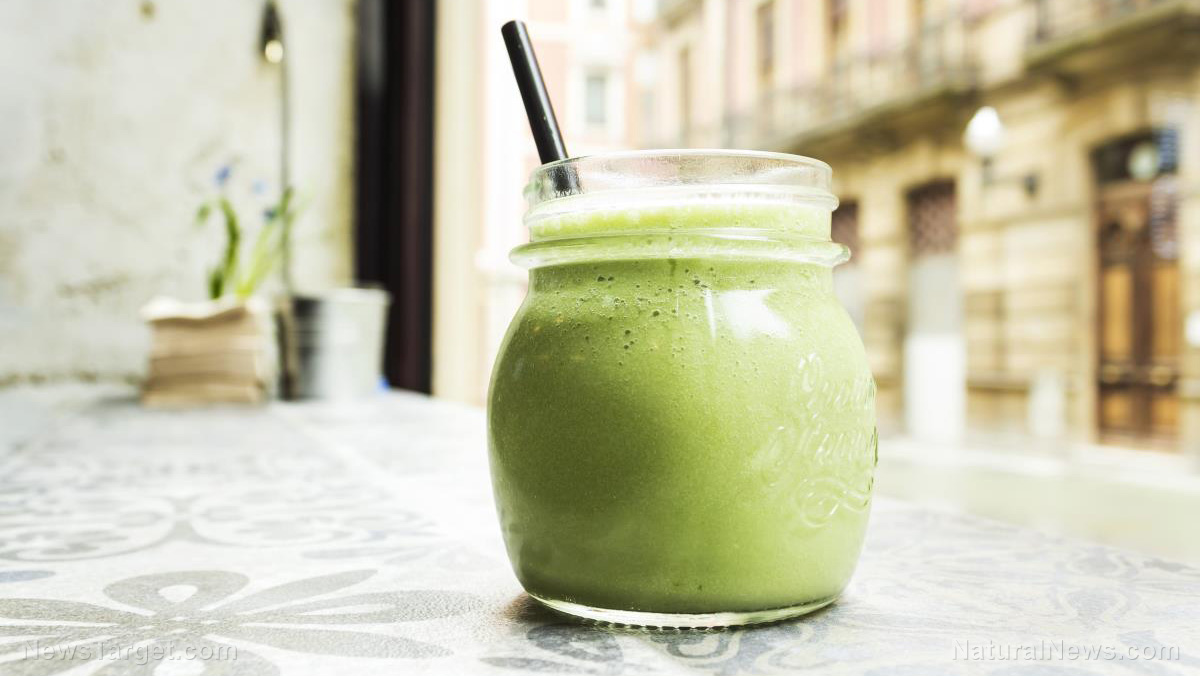Why do so many Americans continue to choose junk food over healthy food?
12/04/2016 / By Isabelle Z.

Even though more people than ever are switching to organic food and other healthier choices, the American diet in general remains very unhealthy. With obesity and its related health problems reaching epidemic proportions, many people wonder why Americans continue to make such bad choices when it comes to food.
The problem cannot be blamed on a lack of information, especially not in the Internet Age. While some people still remain largely ignorant when it comes to the dangers of GMOs, for example, most people in the year 2016 realize that junk food is not good for their health.
Other people say that it’s a lack of money that drives people to make poor food choices, with people able to stretch their money a lot further on the McDonald’s $1 menu than in the organic section of a supermarket. This could be part of it, although other calculations have shown that the average amount of benefits provided by food stamps is sufficient for a healthy diet. Organic produce can also be grown at home cheaply, even without a yard.
Some say it’s because Americans are too busy working to make a wholesome meal from scratch, so they just grab whatever prepackaged foods they can find. While that might be true for some people, it doesn’t explain why someone in search of a snack would grab a bag of chips over a banana, solely in the interest of saving time.
Others posit that it’s largely an issue of taste, with people preferring the flavor of potato chips to that of spinach, for example. Again, it seems reasonable, but anyone who has ever taken a serious approach to a clean diet can tell you that there are many flavorful choices out there that do not put your health at risk.
Junk food is addictive, plain and simple
Nevertheless, the idea that it’s a matter of personal preference ties into one of the most compelling reasons people eat junk food: It is highly addictive from a scientific standpoint. In fact, a series of studies have shown that rats can become so addicted to a junk food diet that they would rather starve than eat healthy food, mimicking the addictive pattern that nutritionists see in humans who eat junk food despite knowing better.
Junk food is actually engineered to make people want more, which is why the Lay’s potato chip slogan promising that “No one can eat just one!” is so alarmingly accurate.
Junk food is engineered to trigger overeating
Salt Sugar Fat: How the Food Giants Tricked Us author, Michael Moss, says that Doritos and Coca-Cola are largely successful because of their complex formulas that taste very good but do not have one single prominent flavor that triggers the brain to stop eating.
Meanwhile, he says that Cheetos contain a remarkable number of attributes that make the brain crave more, not the least of which is their ability to melt in your mouth, which tricks your brain into thinking they don’t contain any calories and makes you want to keep eating them. Food companies employ teams of chemists, neuroscientists and physicists to get the ratio of sugar, salt and fat just right to keep people coming back for more.
A study from UNSW’s School of Medical Sciences found that feeding junk food to rats caused them to lose interest in novel foods, an effect that lasted even after being put back on a diet of healthy food. This could be one reason that people who eat a lot of junk food can’t get out of their rut – trying healthier alternatives no longer appeals to them, as they’ve lost their natural preference for variety.
Processed food also tends to contain a lot of sugar, even the savory choices. Americans eat 152 pounds of sugar every year on average. With sugar being eight times more addictive than cocaine, it’s easy to see why so many people are struggling to kick the habit.
As long as food companies keep pumping their foods with chemicals that keep people coming back for more, America’s junk food obsession is not going to go away.
Sources include:
Tagged Under: obesity, sugar addiction



















